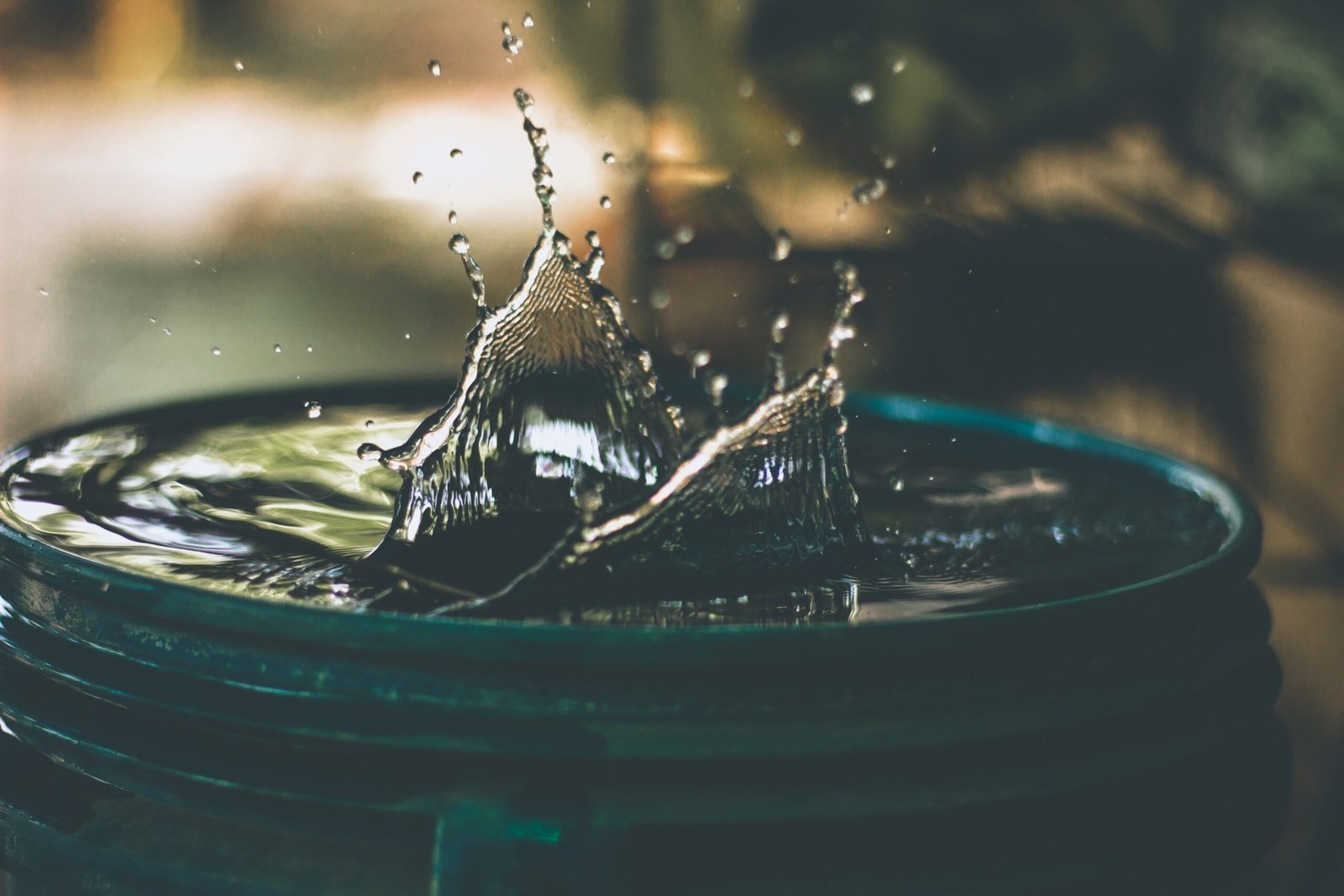Water is a precious resource that we often take for granted. From washing dishes to watering our plants, we use water in our daily lives without giving it much thought. However, with increasing concerns about water scarcity and the impact of climate change, it’s more important than ever to conserve water.
Conserving water not only helps to protect the environment but also saves you money on your water bills. So, if you’re looking for ways to reduce your water usage in your residential area, here are 7 simple tips to get you started:
1. Fix Leaks
One of the most common culprits of water wastage in residential areas is leaky faucets, toilets, and pipes. Even a small leak can add up to gallons of wasted water over time. Regularly check for leaks and fix them as soon as possible to prevent unnecessary water loss.
2. Install Water-Efficient Fixtures
Upgrading to water-efficient fixtures can make a significant difference in your water consumption. Install low-flow showerheads and faucets that use less water without compromising on performance. Consider replacing old toilets with dual-flush models that allow you to choose between a half-flush and a full-flush, depending on your needs.
3. Collect Rainwater
Instead of letting rainwater go to waste, collect it and use it for various purposes. Set up rain barrels or storage tanks to capture rainwater from your roof. You can use this water for watering your garden, cleaning outdoor spaces, or even for flushing toilets.
4. Water Wisely
When it comes to watering your plants and lawn, timing is key. Water your plants early in the morning or late in the evening to minimize evaporation. Avoid watering on windy days, as the water will be carried away before it can reach the roots. Use a watering can or a drip irrigation system to target the roots directly and avoid unnecessary water runoff.
5. Be Mindful in the Kitchen
The kitchen is another area where water can be easily wasted. Instead of letting the tap run while washing dishes, fill up the sink or use a basin to rinse them. Use a dishwasher only when it’s full to maximize water efficiency. Additionally, consider installing aerators on your kitchen faucet to reduce water flow without compromising water pressure.
6. Choose Water-Smart Landscaping
Your outdoor landscaping can have a significant impact on your water consumption. Opt for native plants that are adapted to your climate and require less water. Group plants with similar watering needs together to avoid overwatering. Mulch your garden beds to retain moisture and reduce the need for frequent watering.
7. Educate and Involve Your Community
Conserving water is a collective effort. Educate your family, neighbors, and community about the importance of water conservation and share these tips with them. Consider organizing community events or workshops to raise awareness and encourage everyone to take action.
Remember, every drop counts. By implementing these simple tips to conserve water in your residential area, you can make a significant difference in preserving this precious resource for future generations. Let’s work together to ensure a sustainable and water-smart future!
